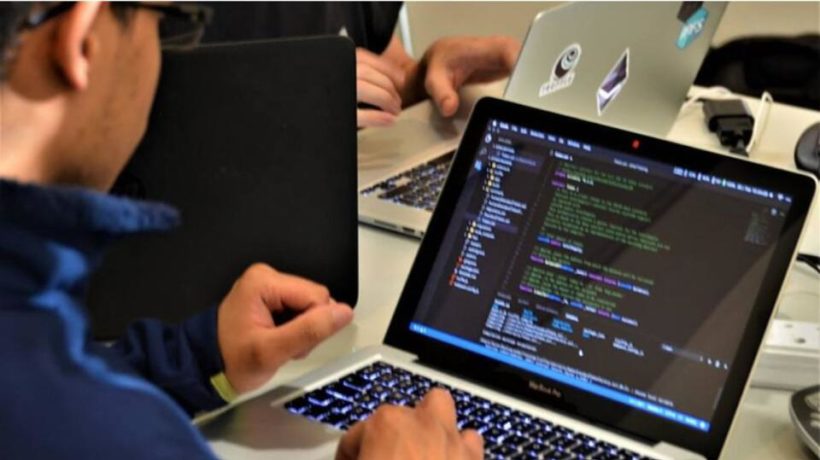Parts of the early version of Facebook were developed in a hackathon in some dome room at Harvard University. Today Facebook is a giant that ritualised hackathons as a tool to promote teamwork and encourage developers to initiate new projects.
In the same spirit, Silicon Cape and the U.S. Consulate General in Johannesburg have conducted a series of “Build Community Hackathons” to create solutions to real-world climate change challenges that South Africans face. These hackathons have brought together emerging software developers, IT professionals, and trainers, civil society organisations, academics, and professionals in relevant fields of climate change. All four hackathons were conducted across Cape Town and Johannesburg in South Africa with a focus on challenges that South Africans faces today like gender-based violence, rising unemployment among youth, mental health – and most recently, climate change.
The “Changing Climate Change” hackathon that took place on Saturday 19 and Sunday 20 March 2022 allowed participants to meet new people, learn more about design thinking, and service design, and come up with innovative and socially impactful services and products.
Innovative ideas to solve climate change were the currency of a virtual hackathon held by Silicon Cape and the U.S. Consulate General in Johannesburg on Saturday 19 and Sunday 20 March 2022.
Team Disruptors, who pitched their idea of an IoT system took home R25 000 prize money. Their IoT system uses moisture sensors to irrigate plants only when moisture levels are significantly low to help farmers reduce freshwater wastage and the cost that comes with it.
Companies that use hackathons as a tool to generate innovative ideas are reaping the rewards, as seen in innovations at Facebook (now Meta). Here are some of the solutions that were developed during a hackathon at Facebook.
Like Button
In 2007, Justin Michael Rosenstein created the famous Like button in a company hackathon which became quite popular with Facebook users worldwide. Other social media have also copied the like button.
Uploading videos
Two engineers with a shared vision of developing a platform for uploading and sharing videos came up with this path-breaking idea. Even though there were several video-sharing sites, the ability to easily tag friends and communicate through video messages made this feature an instant hit.
Facebook Timeline
An overnight hackathon project consisting of two engineers, a designer, and an intern led to the development of a working demo of an earlier version of the timeline in 2010. By 2011, more people were added to the team and the Timeline was created within six months of ideation.
Tagging people in comments
This feature was first added in 2011 allowing users to tag their friends in the comments section. Interestingly, this feature was created and presented by an intern. Soon, this became a huge success among the users.







